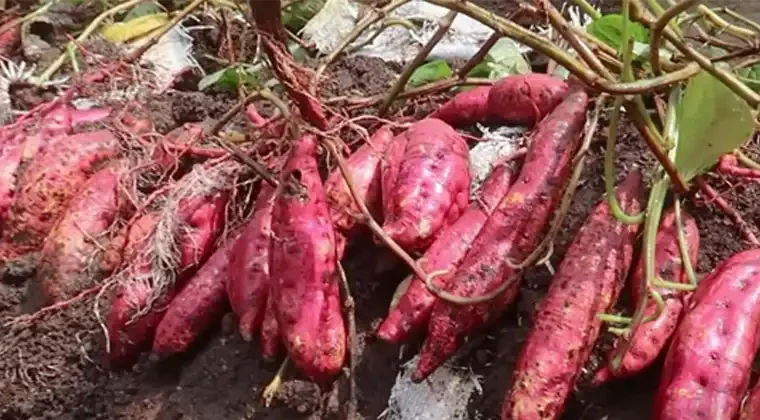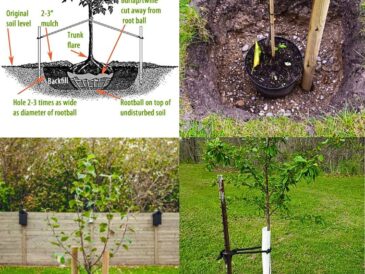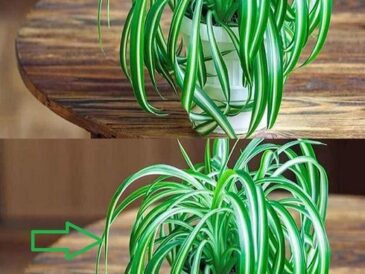Care & Maintenance: The Secret to Sweet Potato Success
- Watering: Keep the soil consistently moist but not soggy. Water deeply but less frequently. During hotter months, you may need to water twice a day to prevent the soil from drying out.
- Fertilizing: Apply a balanced fertilizer once a month, following the manufacturer’s instructions. You can also use compost tea to provide additional nutrients and beneficial microorganisms.
- Pest Control: Monitor for pests like aphids, spider mites, and whiteflies. If you see any, use organic pest control methods like insecticidal soap or neem oil.
- Harvesting: Sweet potatoes are typically ready to harvest around 100-120 days after planting. When the leaves begin to turn yellow and the vines start to die back, it’s a sign that the tubers are ready.
Harvesting Your Sweet Potato Bounty
- Preparation: Gently lift the soil bag and carefully remove the sweet potatoes.
- Harvesting: Use a sharp knife or garden trowel to dig around the base of the vines. Lift the potatoes gently from the soil.
- Curing: After harvest, cure the sweet potatoes in a warm, dry place (around 80-85°F) for 7-10 days. This will help them develop their sweetness and store well.
Tips for Success:
- Sunlight: Sweet potatoes need full sun (6-8 hours daily). Ensure your soil bags are placed in a sunny location.
- Drainage: Excellent drainage is crucial. If your soil bags don’t drain well, consider adding more perlite or sand to the mix.
- Rotation: Rotate your sweet potato crop annually to prevent soilborne diseases.
- Experiment: Try different sweet potato varieties to discover your favorites.
Benefits of Soil Bag Cultivation
TO CONTINUEREADING SEE NEXT PAGE




